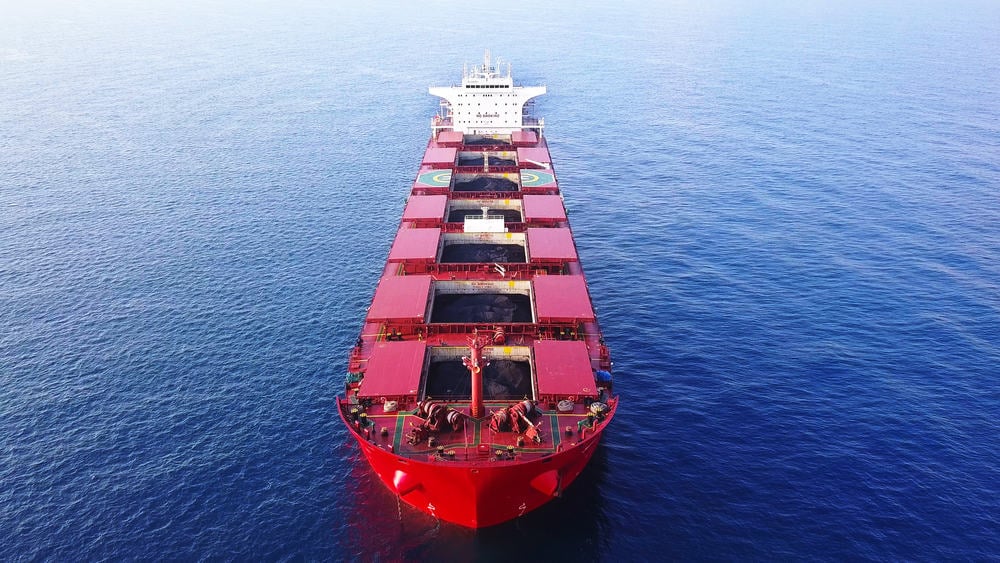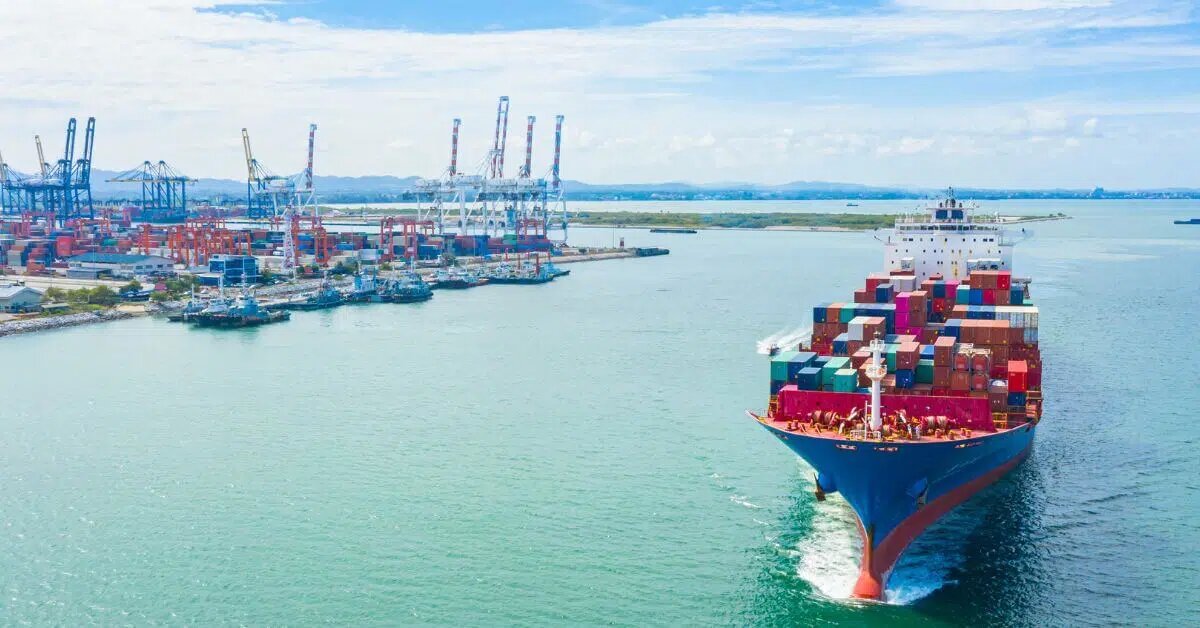According to Reuters, a Finnish court has ruled against prosecuting the crew of a Russian-affiliated tanker involved in damaging undersea cables in the Baltic Sea last year. The court determined that prosecutors did not establish intent and indicated that any claims of negligence should be addressed by the ship’s flag state or the countries where the crew members are from.
The incident occurred on December 25 and is part of a series of disruptions to underwater infrastructure following Russia’s invasion of Ukraine in February 2022, which heightened tensions among NATO forces in the area. While Russia has denied any involvement, this case marks one of the first judicial efforts to hold individuals accountable for harming critical maritime assets.
State prosecutor Jukka Rappe mentioned that they would consider an appeal within a week after this ruling. The trial focused on charges against three crew members: a Georgian captain, his first officer from Georgia, and an Indian second officer. They faced serious allegations including aggravated criminal mischief but maintained their innocence throughout.
The court stated it could not apply Finnish law due to insufficient evidence proving intentional wrongdoing by the crew. It classified this event as merely an “incident of navigation,” emphasizing that international maritime law requires such cases to be prosecuted by either the ship’s flag state or their home nations.
The Eagle S tanker was reportedly part of a covert fleet used by Russia to bypass sanctions related to its oil exports and was carrying Russian oil at the time. Following extensive legal proceedings, travel restrictions on these defendants were lifted after their trial concluded, allowing them to leave Finland.
Prosecutors alleged gross negligence regarding maintenance issues with the vessel’s anchor winch rather than clear evidence suggesting deliberate damage was intended when its heavy anchor dragged across 90 kilometers (56 miles) along Finland’s seabed—resulting in significant damage including breaks in power cables and internet lines valued at over €60 million ($70 million).
The defendants argued technical malfunctions led to their anchor dropping unexpectedly without intent for harm. They also contested claims for damages made by cable owners seeking compensation for repair costs incurred due to this incident.
NATO has since initiated “Baltic Sentry,” aimed at safeguarding undersea infrastructure amid rising concerns about hybrid warfare tactics employed within these waters—a mission still active according to recent statements from NATO officials who reaffirmed commitment towards collective security measures in response to emerging threats.




